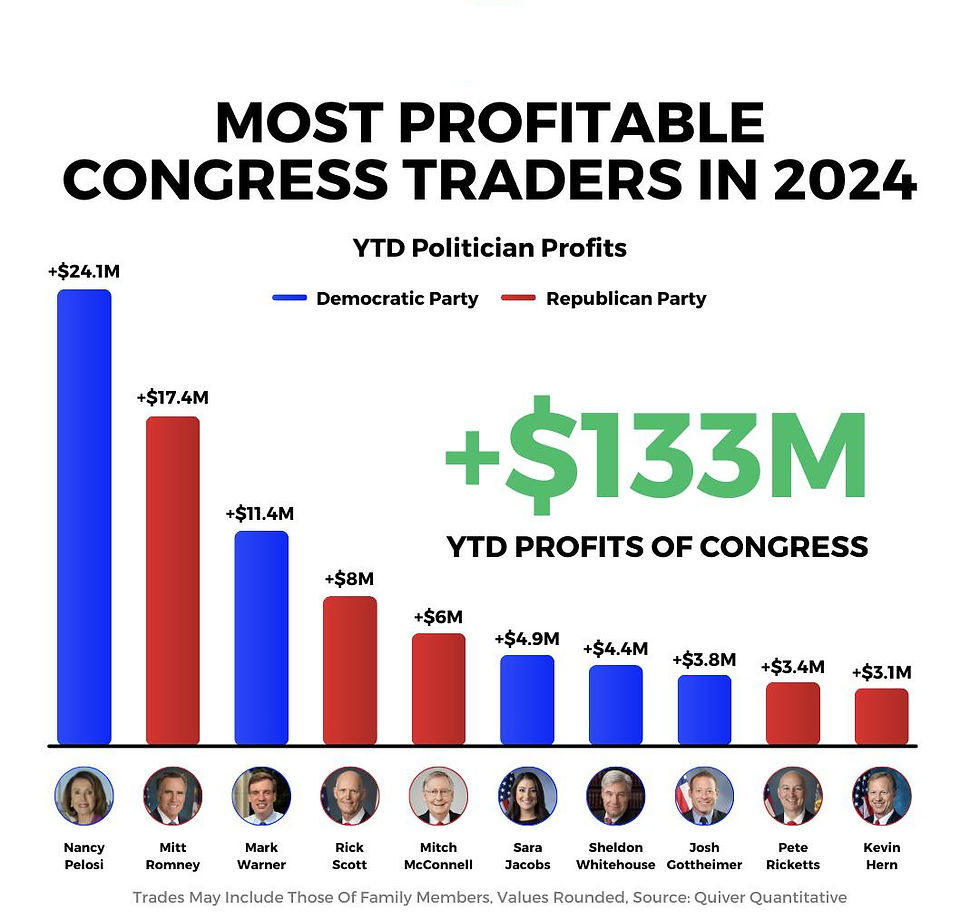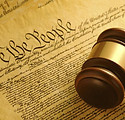

"Researchers at Princeton and Northwestern University wanted to find out how much political power ordinary citizens have, they examined a twenty year period from 1982 - 2002. They first discovered if large corporations and wealthy individuals (regardless of political party) want a law passed there is nearly a 60% chance it will be passed and if they don't want a certain law it doesn't pass."
Then they looked at everyday voters issues (that almost no one supports) have a 30% chance of becoming law. Issues that almost everyone supports also have a 30% chance of becoming law. They concluded in their on words, the preferences of the average American appear to have only a minuscule near zero statistically non significant impact upon public policy."
Excerpt from: Saving Capitalism 2017
(Former Secretary of Labor - Robert Reich)
(Based on a study of 1,779 policy issues,
Princeton researchers Martin Gilens & Benjamin I.)






The number of voting representatives in the House
is fixed by law at no more than 435, proportionally
representing the population of the 50 states.
The House Explained
As per the Constitution, the U.S. House of Representatives makes and passes federal laws.
The Senate is considered the upper chamber of congress.
Every state elects (2) U.S. Senators
that make up the 100 members in the Senate.
US Senate | Powers & Procedures
"conduct impeachment trials, essentially serving as jury and judge...review and approve or reject presidential appointees"






Visual No Audio








